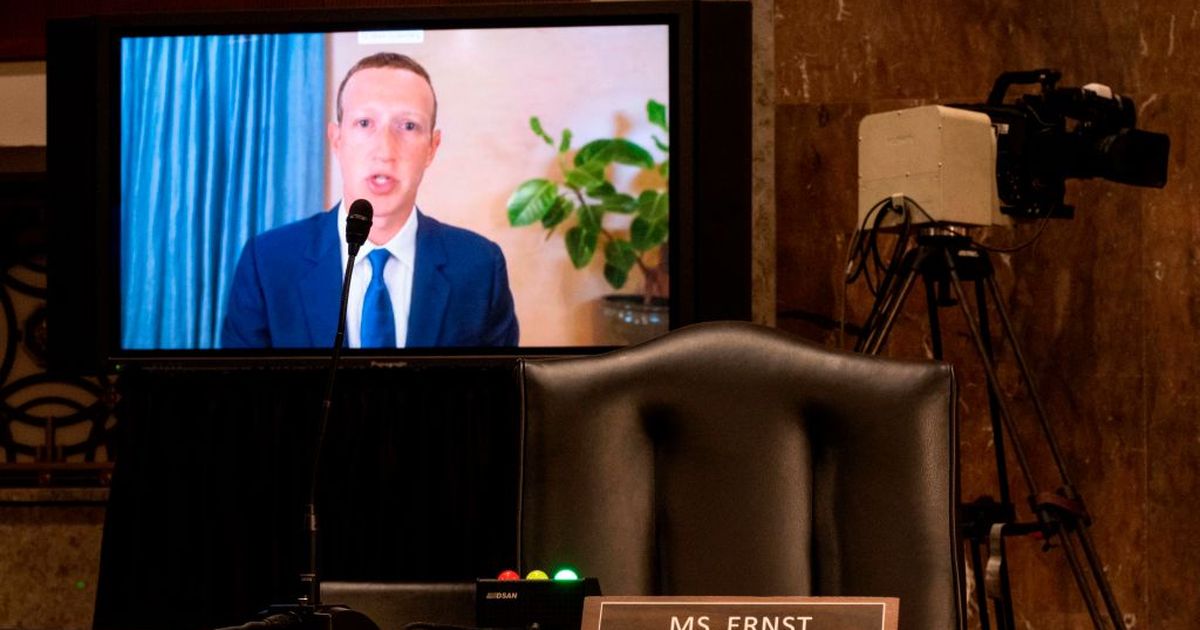
Facebook’s disinformation problem is not the result of a few bad apples.
So argue two members of Congress in a scathing letter aimed at the tech giant. Representatives Anna G. Eshoo of California and Tom Malinowski of New Jersey hit Facebook with a written broadside Thursday, accusing the company of systemic failures which radicalized the “insurrectionist mob” behind the Jan. 6 attack attack of the U.S. Capitol building.
Addressed directly to Facebook CEO Mark Zuckerberg, the letter makes clear that the Representatives hold him personally responsible for the current abysmal state of the digital information ecosystem.
“Perhaps no single entity is more responsible for the spread of dangerous conspiracy theories at scale or for inflaming anti-government grievance than the one that you started and that you oversee today as Chairman and Chief Executive Officer,” reads the letter.
Notably, they make clear that this is not a problem that increased content moderation alone can solve. Instead, they argue, it is the very design of Facebook itself that is the problem.
“The algorithms Facebook uses to maximize user engagement on its platform undermine our shared sense of objective reality, intensify fringe political beliefs, facilitate connections between extremist users, and, tragically, lead some of them to commit real-world physical violence, such as what we experienced firsthand on January 6th,” continues the letter.
We reached out to Facebook for a response to the letter and its critiques, but received no immediate reply.
Notably, Reps. Eshoo and Malinowski don’t let Twitter and Google off the hook either. In separate letters, the two accuse Twitter and Google-owned YouTube of employing algorithms that “[amplify] white supremacist, anti-Semitic, and other conspiracy-oriented material” and “facilitate connections between extremist users,” respectively.
But back to Facebook.
At particular issue for Reps. Eshoo and Malinowski is that, as they see it, Facebook has made temporary efforts to at least partially address the problems they highlight — emphasis on temporary. They cite a 2020 test, reported by the New York Times, by Facebook to demote supposedly “bad for the world” posts.
This specific campaign, reported the Times, was watered down when Facebook realized it resulted in people spending less time on Facebook.
SEE ALSO: People are fighting algorithms for a more just and equitable future. You can, too.
Reps. Eshoo and Malinowski, according to the Thursday letter, want nothing short of a “fundamental reexamination of maximizing user engagement as the basis for algorithmic sorting and recommendation.”
Hey, members of Congress can dream. And, unlike the rest of us, they can also legislate.
